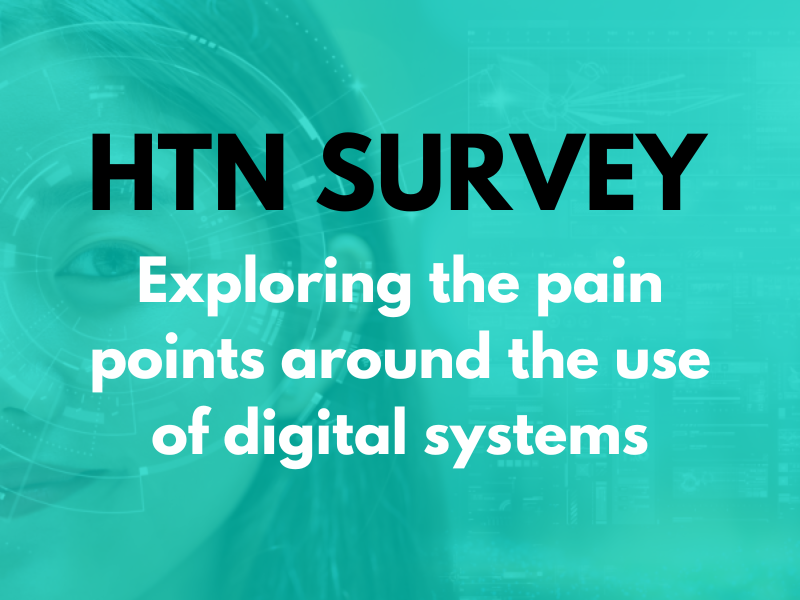The Department of Health and Social Care has announced a £36 million increase in funding for AI technology-based healthcare services and products.
38 projects will be awarded funding and have been backed by NHSX and Accelerated Access Collaborative (ACC); in total 336 projects submitted applications to join the programme.
Sir Simon Stevens, Chief Executive of NHS England, said: “Through our NHS AI Lab we’re now backing a new generation of groundbreaking but practical solutions to some of the biggest challenges in healthcare. Precision cancer diagnosis, accurate surgery, and new ways of offering mental health support are just a few of the promising real-world patient benefits. Because as the NHS comes through the pandemic, rather than a return to old ways, we’re supercharging a more innovative future.”
“So today our message to developers worldwide is clear – the NHS is ready to help you test your innovations and ensure our patients are among the first in the world to benefit from new AI technologies.”
The new funding is the second round, after the first-round winners were announced in September of last year, with £50 million handed out to 42 AI-based technology projects.
The AI in Healthcare programme is now set to award £140 million across three years, with the next round of applications starting in June. The AI award is managed by the AAC, and delivered in partnership with NHSX and the National Institute for Health Research (NIHR).
The programme consists of four different categories, depending on the stage of the innovation:
Phase 1 – to support the demonstration of the technical and clinical feasibility of the proposed concept, product, or service.
Phase 2 – to support the development and evaluation of prototypes and generate early clinical safety and efficacy data.
Phase 3 – to support the first real-world tests in health and social care settings of AI products or tools to develop evidence of efficacy and preliminary proof of effectiveness, including evidence for routes to implementation to enable rapid adoption.
Phase 4 – to support the spread of AI products or tools that have market authorisation but insufficient evidence to merit large-scale commissioning or deployment. Successful products will be adopted in several NHS sites to stress test and evaluate the AI technology within routine clinical or operational pathways to determine efficacy or accuracy, and clinical and economic impact.
The full list of all the projects is as below.
Phase 4
- Bone Health Solutions, Zebra Medical Vision
- Paige prostate cancer detection tool, University of Oxford
- Chest X-ray analysis, Behold.AI Technologies
- eHub, eConsult Health
- DERM, Skin Analytics
Phase 3
- CaRi-HEART, Caristo Diagnostics
- Cogstack Natural Language Processing, King’s College London
- qER, Qure.ai Technologies Private Limited
- ArtiQ.Spiro, Guy’s and St Thomas’ NHS Foundation Trust
- Workforce deployment solutions, Navenio Limited
- Analysing breast screening X-rays, Imperial College London
- InnerEye, Cambridge University Hospitals NHS Foundation Trust
- DOLCE, Optellum
- Lenus COPD Management Service, Storm ID
- Wysa, WYSA
Phase 2
- MyDiabetes IQ, MyWay Digital Health
- BloodTyper, University of Cambridge
- Advance notice of deterioration in cystic fibrosis, University of Cambridge / Royal Papworth Hospital NHS Foundation Trust
- mySmartCOPD, University of Southampton
- ImageDx, Sonrai Analytics
- First PLUS, Perspectum
- CHRONOS, University of Oxford
- CESCAIL, Corporate Health International UK
- Eye2Gene, University College London, Moorfields Ophthalmic Reading Centre
Phase 1
- Issues and themes analysis in complaints, Methods Analytics
- Machine learning to improve the diagnosis of heart attacks, University of Edinburgh
- Monitoring slow-growing brain tumours, University of Cambridge
- Pathpoint Detect, Open Medical
- Developing the Blood Pressure Index for improved blood pressure control, Imperial College London
- panPIERS, King’s College London
- PREVAIL – PhototheRapy Enhanced Via Artificially Intelligent Lasers, University of Southampton
- Measuring hip dysplasia in children with cerebral palsy, University of Manchester
- CirrhoCare, Cyberliver
- Decision-making for less-than-perfect kidney transplant matches, University of Oxford
- Detecting coronary artery calcification in chest X-rays, Golden Jubilee National Hospital and University of Glasgow
- Predicting and monitoring pre-term labour, Coventry University
- R-CANCER, Imperial College London
- Diagnosis of ‘glue ear’ with AI, Cardiff Metropolitan University






